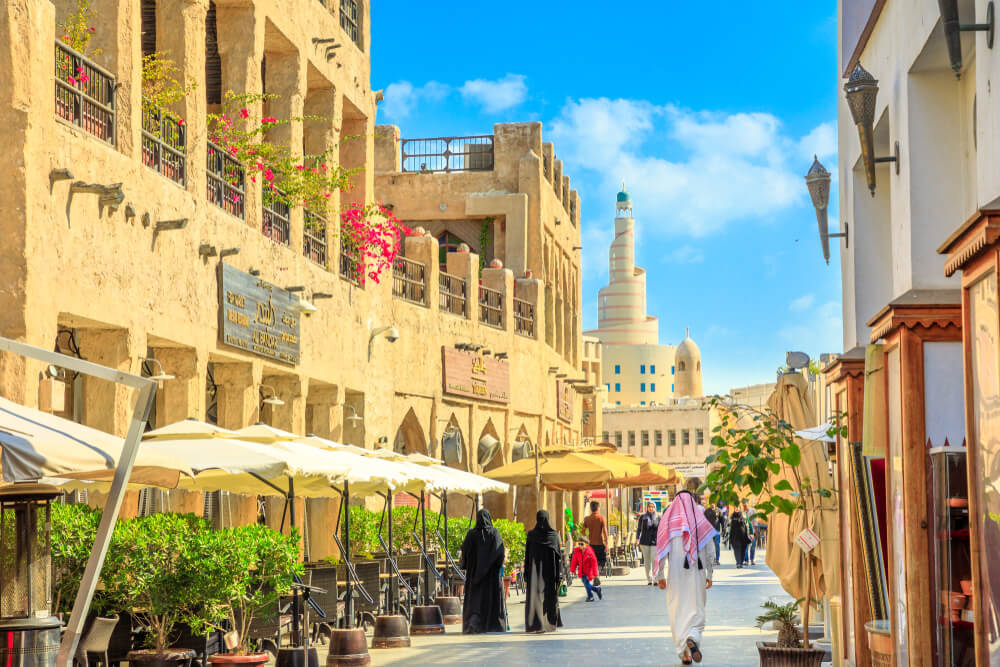
As part of the precautionary measures to prevent the spread of COVID-19 in Qatar, the government issued a range of restrictions to promote physical distancing and help flatten the curve. This includes restricting inbound flights, preventing social gatherings, closing non-essential businesses, suspension of schools, working remotely, and stopping Metro and buses, among others.
As of May 22, Qatar has 32,569 active cases of COVID-19 with 180,642 people tested. The rate of recovery is increasing, with 7,893 now COVID-19 free and fatality count remains low with only 19 deaths. Even though we are still in the peak phase of the pandemic, a lot of people are curious to know when the restrictions will be lifted, especially inbound flights as lots of expats are stuck in their home country.
Although there were no dates mentioned, a report from the Health Protection & Communicable Disease Control of the Ministry of Public Health outlined the overarching plan of Qatar on easing the social distancing restrictions and reopening the country. This plan may change depending on the circumstances in the following months.
In an interview with Al Jazeera early this month, H.E. Dr. Hanan Mohammed Al Kuwari, Minister of Public Health, mentioned that there will definitely be easing of restrictions but it will be gradual and in stages, with the lowest risk activities the first to be opened up. She explained that opening up measures too quickly without public measures in place could lead to a second curve and we definitely would not want that. "Our priority as a country is always the safety of our population. We will not open the measures unless it is safe to do that. We will keep the activities that are highest risk to our population as the last to open up.", she added.
Let's check out the areas that will be opened up in the four stages of the plan as written in the Ministry of Public Health's report.

The second stage will see the social distancing restrictions starting to relax as the following will be allowed:
This stage will have no change in the decision to have the majority of employees working remotely.
The most awaited lifting of restrictions on inbound flights will happen at this stage.

The final stage will see the return to "normalcy" as the state furthers the easing of restrictions.



According to the same MoPH's report, the number of spectators allowed in sports events will gradually increase according to the following timeline. From zero spectators, the number of spectators slowly increases by up to 50% capacity from June 25 to September 24.

While it's reassuring to know that there is a strategic plan to reopen the country, we should take note that this is not cut in stone and may change according to the situation as restrictions are eased so as to prevent a second wave.
We must all do our part in the fight against COVID-19 by practicing proper hygiene, physical distancing, and staying home when sick.
Source: Update on COVID-19 - Surveillance & Outbreak, Health Protection & Communicable Disease Control, MOPH
Follow us on our social media channels:
![]() @ILQlive
@ILQlive
![]() @ILQlive
@ILQlive
![]() @ILoveQtr
@ILoveQtr
![]() ILoveQatar
ILoveQatar

You have successfully registered your account!
Please confirm your e-mail address by clicking on the URL sent to you.The e-mail usually arrives in 5-10 minutes.
How ajeeb was that!? Thanks for contributing to our community! Your post will appear after we take a quick look!